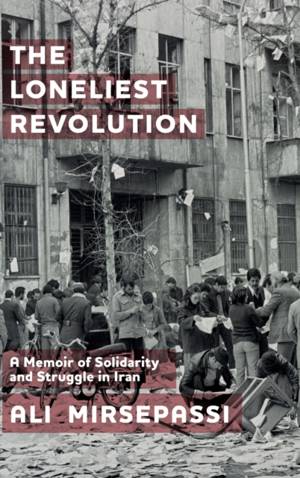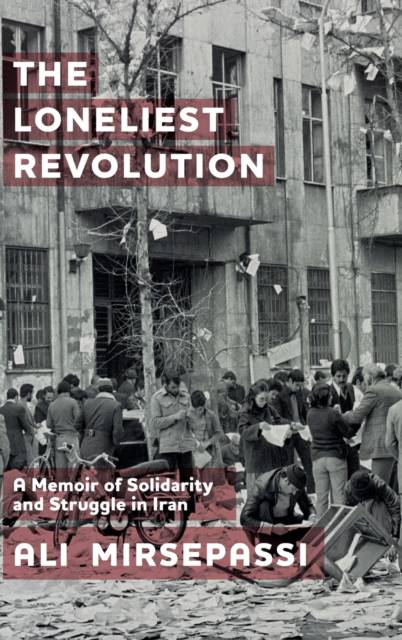
- Retrait gratuit dans votre magasin Club
- 7.000.000 titres dans notre catalogue
- Payer en toute sécurité
- Toujours un magasin près de chez vous
- Retrait gratuit dans votre magasin Club
- 7.000.0000 titres dans notre catalogue
- Payer en toute sécurité
- Toujours un magasin près de chez vous
Description
In October 1978, a day that started like any other for Ali Mirsepassi - full of anti-Shah protests - ended in near death. He was stabbed and dumped in a ditch on the outskirts of Tehran for having spoken against Khomeini. In this account, Mirsepassi digs up this and other painful memories to ask: How did the Iranian revolutionary movement come to this? How did a people united in solidarity and struggle end up so divided?
In this first-hand account, Mirsepassi deftly weaves together his insights as a sociologist of Iran with his memories of provincial life and radical activism in 1960s and 1970s Iran. Attentive to the everyday struggles Iranians faced as they searched for ways to learn about and make history despite state surveillance and censorship, The Loneliest Revolution revisits questions of leftist failure and Islamist victory and ultimately asks us all to probe the memories, personal and collective, that we leave unspoken.
Spécifications
Parties prenantes
- Auteur(s) :
- Editeur:
Contenu
- Nombre de pages :
- 256
- Langue:
- Anglais
- Collection :
Caractéristiques
- EAN:
- 9781399511414
- Date de parution :
- 31-03-23
- Format:
- Livre relié
- Format numérique:
- Genaaid
- Dimensions :
- 156 mm x 234 mm
- Poids :
- 648 g

Les avis
Nous publions uniquement les avis qui respectent les conditions requises. Consultez nos conditions pour les avis.






